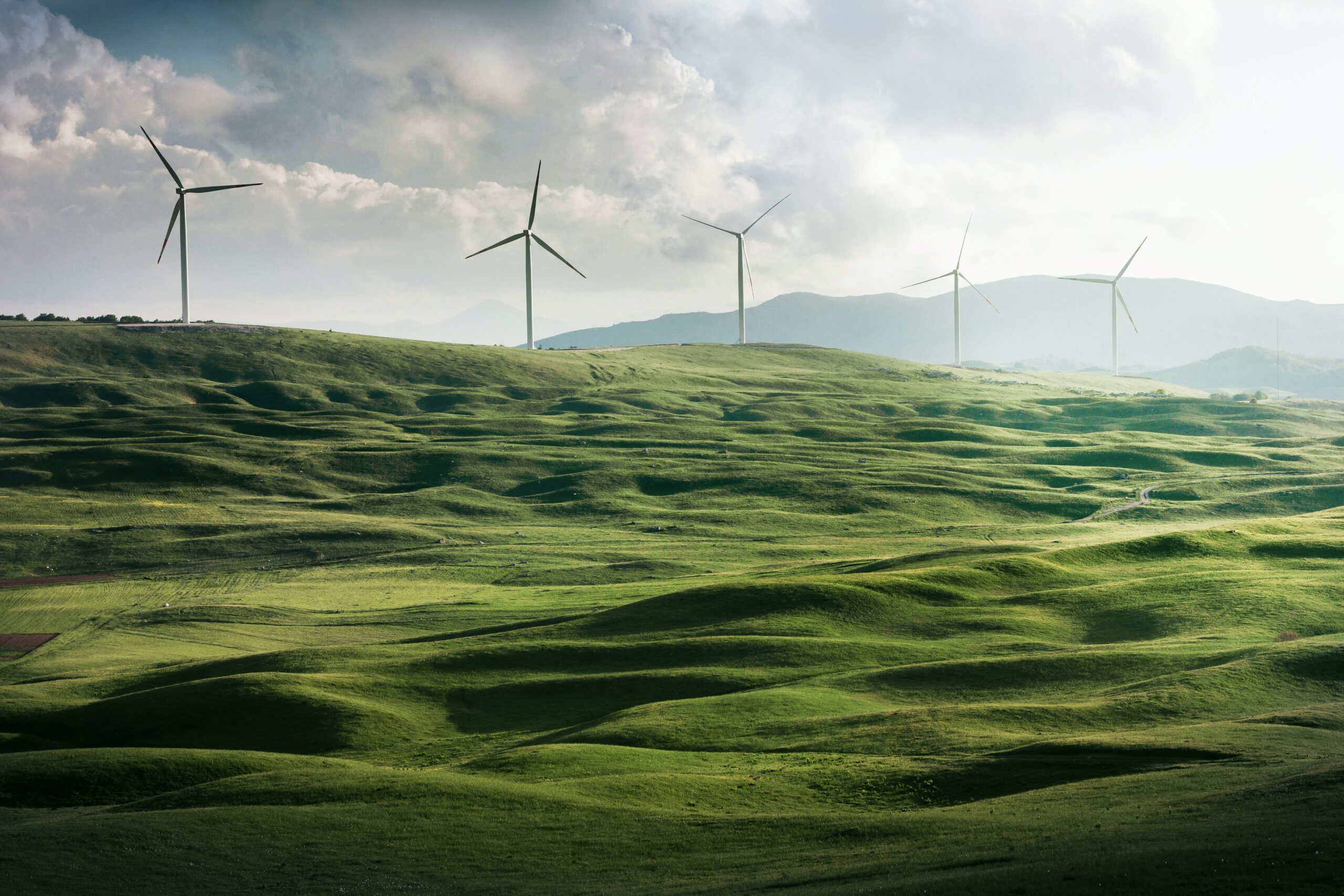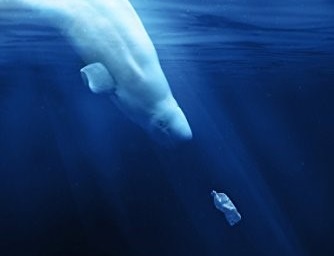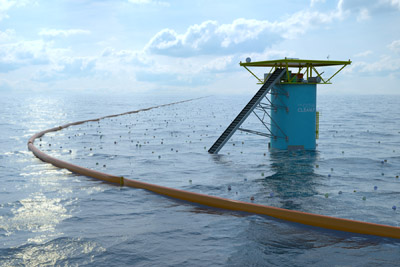Lovely, Tasty Plastic – the film A Plastic Ocean
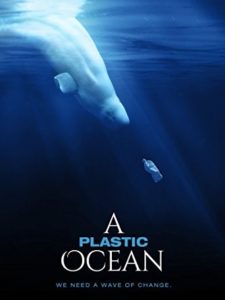
The documentary A Plastic Ocean shows how plastic is contaminating the oceans, the sea-creatures there, and us, as we eat them. In this feature-length documentary a team of film-makers and scientists travel the world, seeing shocking sights of how we are destroying fish, whales, seabirds, and other wildlife with billions of tons of toxic plastic. The waste gets into their bodies, rises up the foodchain, and enters into ours. The world-champion Freediver Tanya Streeter is one of the presenters and she reveals how she tried to remove all sources of plastic from her life when she was carrying her second child, Charlie.
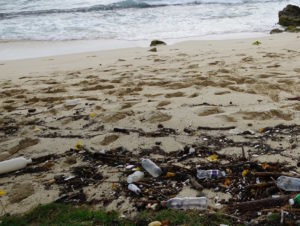
It starts like a BBC documentary, with the director and lead presenter Craig Leeson searching for whales to film, then turns darker as the divers come into what seems like grotesque sludge of discarded plastic in the middle of the pristine ocean. It is the first of many shocks to come. Some of the film is not for the squeamish, but I won’t give out any spoilers. Let’s just say that lots of fish, birds and mammals mistake plastic for food and fill themselves up with it and die. It’s horrific.
The film took four years to make and was filmed in 20 locations around the world in beautiful and chilling detail to document the global effects of plastic pollution. There are many revelatory moments, backed up by science. Did you know that poor people in Pacific islands use waste plastic to light cooking fires because it’s cheaper than kerosene? Even though they rightly suspect it will give them serious health problems…
The film travels so far, and has so many different people presenting at various points, that it can be a little confusing and meanders along sometimes, particularly when various fast-food vending staff are asked about non-plastic containers. It’s obviously not their responsibility as they are at the lowest end of the business and seems merely an excuse for some undercover filming.
There is a cameo appearance by the great David Attenborough, which is a delight.
The last part of the documentary focuses on solutions, especially recycling. Pressuring supermarkets to use reusable plastic bottles, or avoiding cling-film and the like. Although these are all worthy, after seeing the scale of the problem: more than 8 million tons of plastic are dumped in our oceans every year, it is hard to be positive about the impact of these small-scale solutions.
Overall though this is very well worth watching. It certainly gives you an idea of how much damage we are doing thoughtlessly when you see a turtle trying to eat a plastic bag underwater, mistaking it for a jellyfish. As this film has not received the distribution it should have, it is exactly the sort of film to host at a local screening or film festival.
https://www.plasticoceans.org/
Please Visit Green Jobs for the latest Biodiversity Jobs, Biology Jobs, Climate Change Jobs, Fisheries Jobs, Hydrology Jobs, Marine Jobs, Ocean Jobs, Oceanography Jobs and Wildlife Jobs
Please Visit Waste Jobs for the latest Waste Management Jobs, Recycling Jobs and Waste Jobs
Please Visit Water Jobs for the latest Water Jobs, Water Treatment Jobs and Water Industry Jobs
Please visit Conservation Jobs for the latest Conservation Jobs and Conservation Careers
